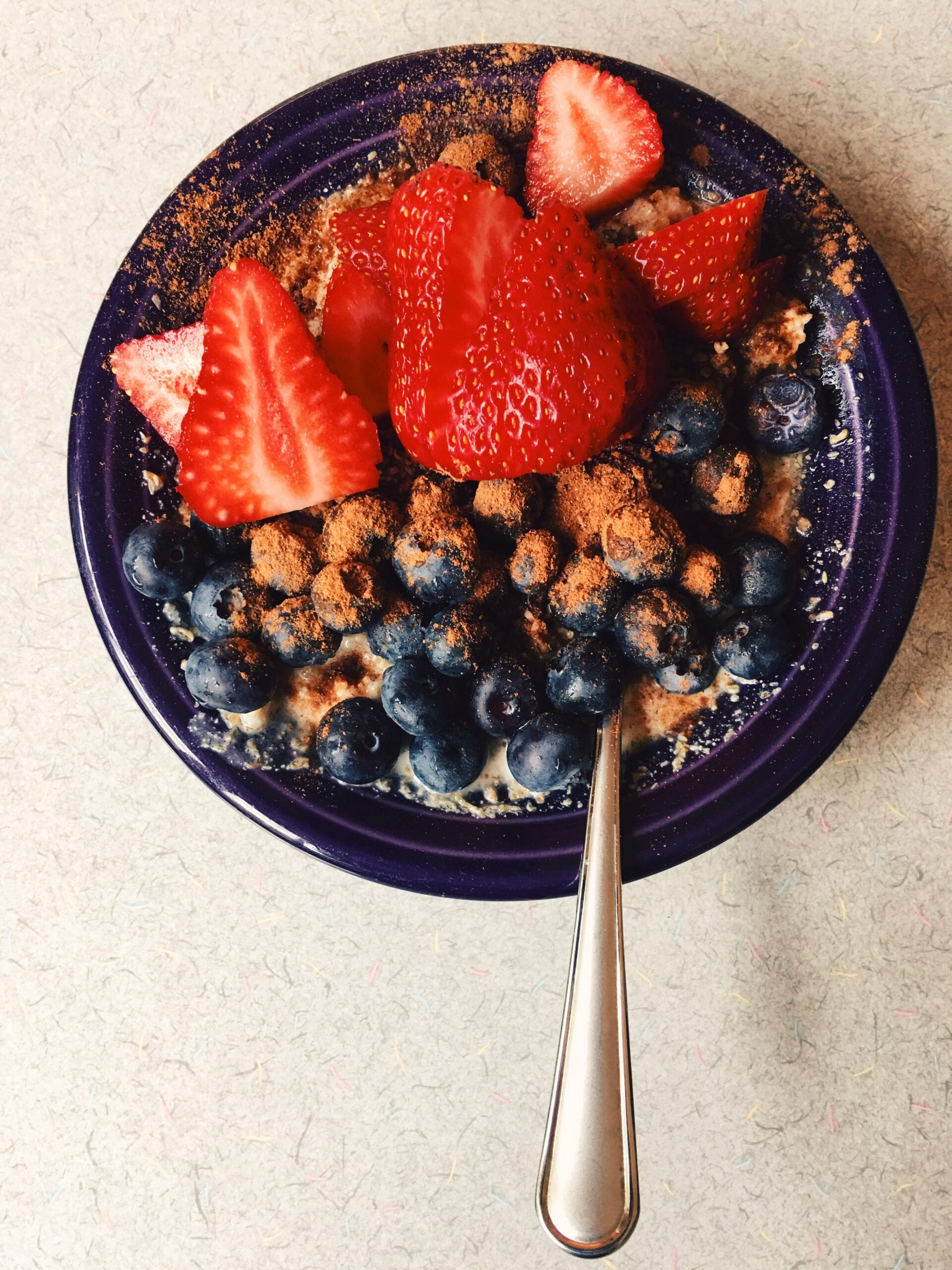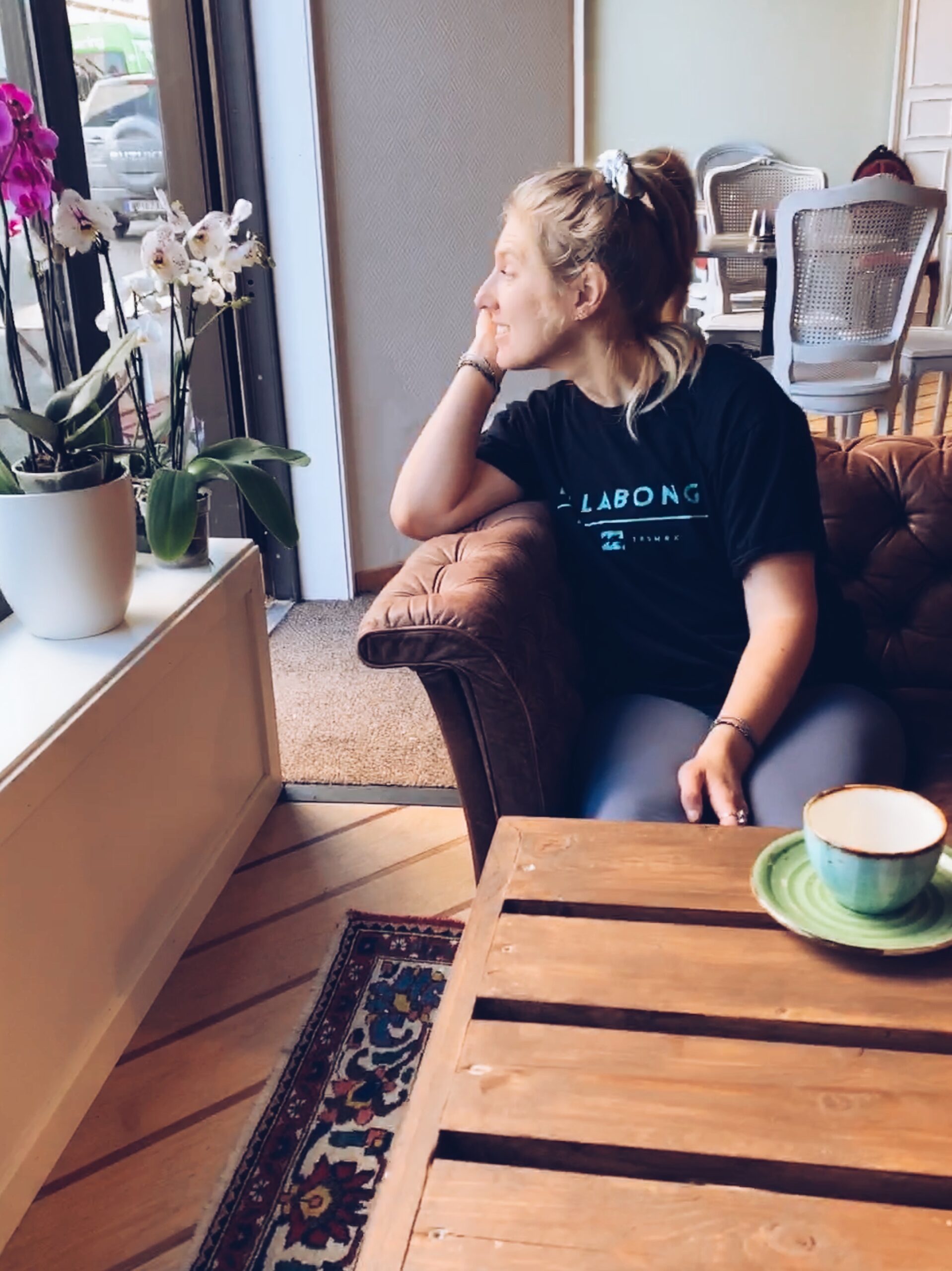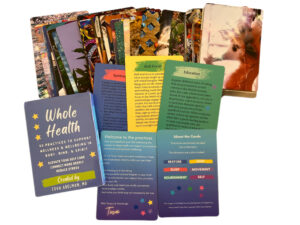Most people struggle in their weight loss attempts. Some people successfully stick to a diet for awhile, lose weight, and then slip back into problematic eating behaviors. Our current society does not make the healthy choice easy to make. Additionally, there are many sources of stress that impact our physical and emotional health. I see unhealthy excess weight as a symptom of larger core issues— unhealthy diet, ineffective emotional coping mechanisms, poor sleep, stress, problematic social relationships, and more.
To lose weight successfully, and maintain that loss, requires a transformation. In the process of losing weight you will confront unhealthy behaviors and self-limiting beliefs. You will find ways to fill your time that do not involve food and eating. You will confront all of your excuses that in the past have led you straight to food.
The first place I recommend you start is getting clear on what diet changes you plan to make. Diet is not the only factor that impacts weight, but it does have a significant role in many people’s weight loss struggles. There are many types of diets out there, many books written on this subject. I help my clients find a diet to start with that works for them, and then I help them make tweaks to personalize it (if necessary) based on their preferences and lifestyle. I suggest choosing a diet that emphasizes real, whole unprocessed food and that eliminates refined food and added sugar. I also suggest making sure the diet is not overly restrictive, and I do not advise juice/smoothie “cleanses”.
All diets work, and none of them work. This means, if you follow any diet you are likely to lose weight. It also means, many people do lose weight breaking various diet rules. People lose weight eating carbs, eating over 1200 calories, eating dairy, eating more processed foods, etc. People don’t lose weight by continuing to binge eat or by punishing themselves in other ways with excess/unhealthy food.
So, pick a diet that you think will work for you. You don’t have to eat this way forever. Many diets have a more restrictive initial phase, and then broaden food choice as weight loss progresses. A weight loss coach might be able to help you make adjustments to better suit your personal preferences.
Now that you have your diet, identify your systems of support. Having someone to whom you are accountable is crucial. As a weight loss coach, I provide my clients with this accountability.
Next, figure out how your *non emotional* food/eating behaviors must adjust. If you used to eat out a lot and now you are going to cook, how are you going to adjust your schedule to find time for meal prep? Will you need to get up earlier to pack a lunch for work? If you choose to eat in a restaurant, how are you going to ensure you order a meal aligned with your diet? This step basically addresses the specifics of carrying out your diet plan.
Maybe the above steps are all you need to be successful. For many people, they aren’t. Many people struggle with emotional eating, and stress eating, cravings, and feeling tired, and then making the choice to give up on the diet struggle because they think it’s just too hard. Many people continue to berate themselves and their bodies. There are many nuanced ways in which people struggle against unhealthy food-related behaviors.
I think for some people, responding to negative emotions and stress with food is a learned habit. At some point you learned that when you felt stressed and then ate something, you felt better. Some people don’t learn this connection. So, when they feel stressed, they meditate or do yoga or spend some time outside and are just really gently with themselves about it. This thought occurred to me recently when I noticed that I was feeling really anxious and felt a huge wanting to eat a lot of food. This was something I used to do a lot: Feel some kind of uncomfortable emotion or discomfort –> Eat. I broke my diets over and over again, and it was incredibly frustrating and demoralizing. I realized, I must have learned this connection between feeling uncomfortable and wanting to eat, which meant that just because I felt like I wanted to eat a lot of food didn’t mean I needed to do it. I could refocus my attention on something else. I also reminded myself how terrible I’d feel if I did that, both physically (from too much food) and emotionally (from denying myself healthier and more productive ways to handle my discomfort). I am really proud of my progress with this!
You can learn to do this too.






